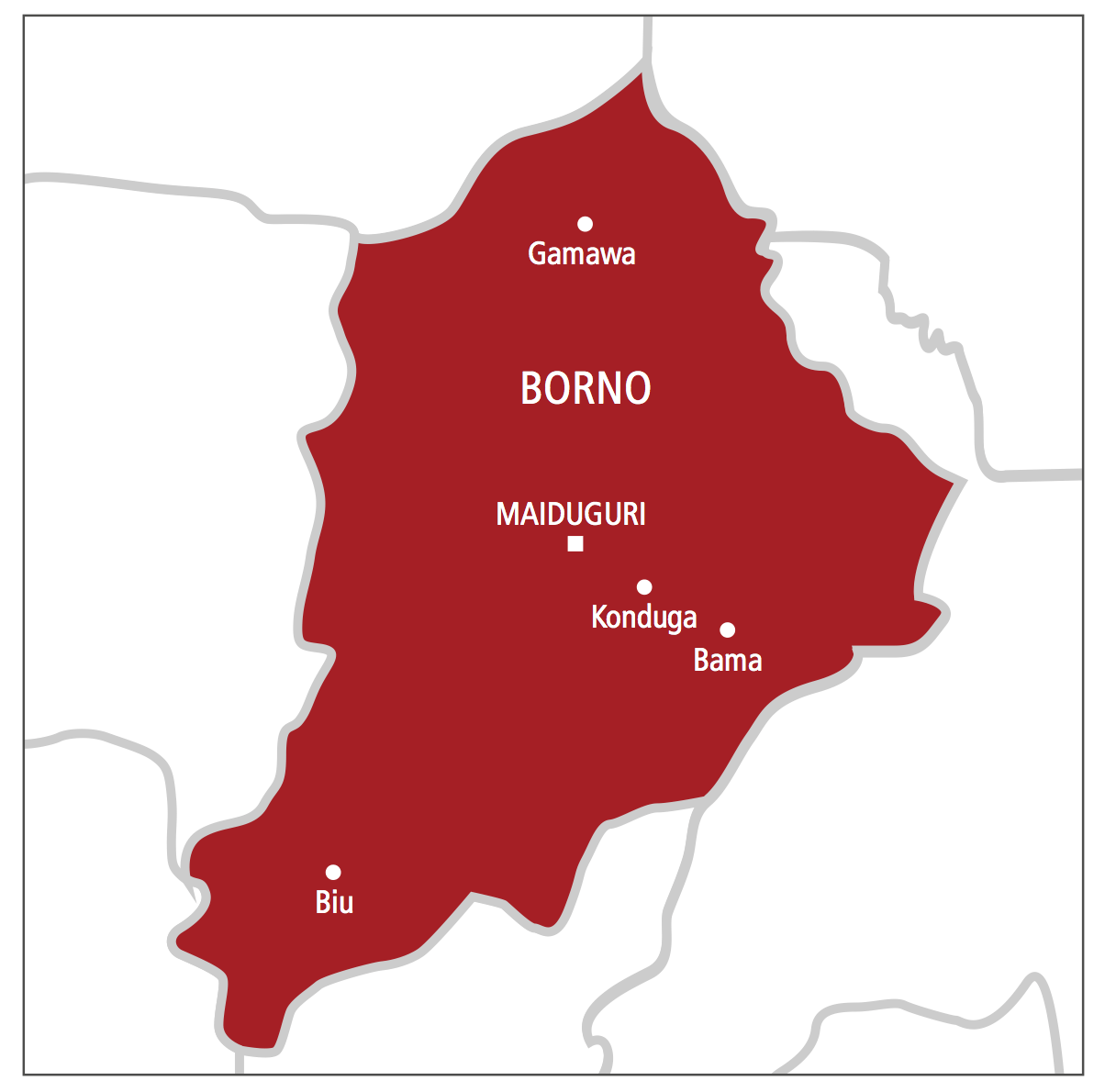Yuletide: Borno residents decry high cost of foodstuff
Residents in Maiduguri, the Borno State capital, are grappling with high prices of staple foods, vegetables, and poultry. Our correspondent who went round the capital city found that the prices have doubled and almost tripled in some instances. Many buyers interviewed in the markets said the hike in prices of goods and services has forced […]

Residents in Maiduguri, the Borno State capital, are grappling with high prices of staple foods, vegetables, and poultry.
Our correspondent who went round the capital city found that the prices have doubled and almost tripled in some instances.
Many buyers interviewed in the markets said the hike in prices of goods and services has forced them to cut costs and avoid unusual trips.
Abigail Joseph, who spoke to our correspondent at Gambarou market, said, “A basket of onions we bought for N2,000 is now N4,000. Prices of tomatoes, pepper, and meat also doubled.
Adamawa, Nasarawa, Oyo assemblies pass 2024 budgets
Reps to probe $7bn annual economic loss in Nigeria ports
“A chicken of N6,000 now sold for N11,000. That’s why we decided to abandon the chicken for beef this time around.”
At Pompomari Bypass, when our correspondent visited where the poultry was being sold, buyers were very few as a result of the high cost.
Mr Elizabeth, a customer, said the price is too exorbitant. “I bought the same size of these chickens from the same man for N6,000 and he is now telling me to pay N11,000 after three weeks,” she said.
She called for government intervention to control prices.
“If the government refused to come in, people would soon start protesting because the economic hardship is unbearable,” she said.
At Gambarou Abbatoir, Malam Ali Goza, said the price of meat is increasing due to the shortage of livestock being recorded recently.
He said the number of cows and camels they slaughter has reduced which affects the price of meat.
“The worst part is buyers aren’t coming. We slaughter not less than 100 cows and at least 30 camels every day before the sanction was imposed on the Niger Republic.
“Since the sanctions were imposed, we have been recording less livestock supplies into the market,” he said.
